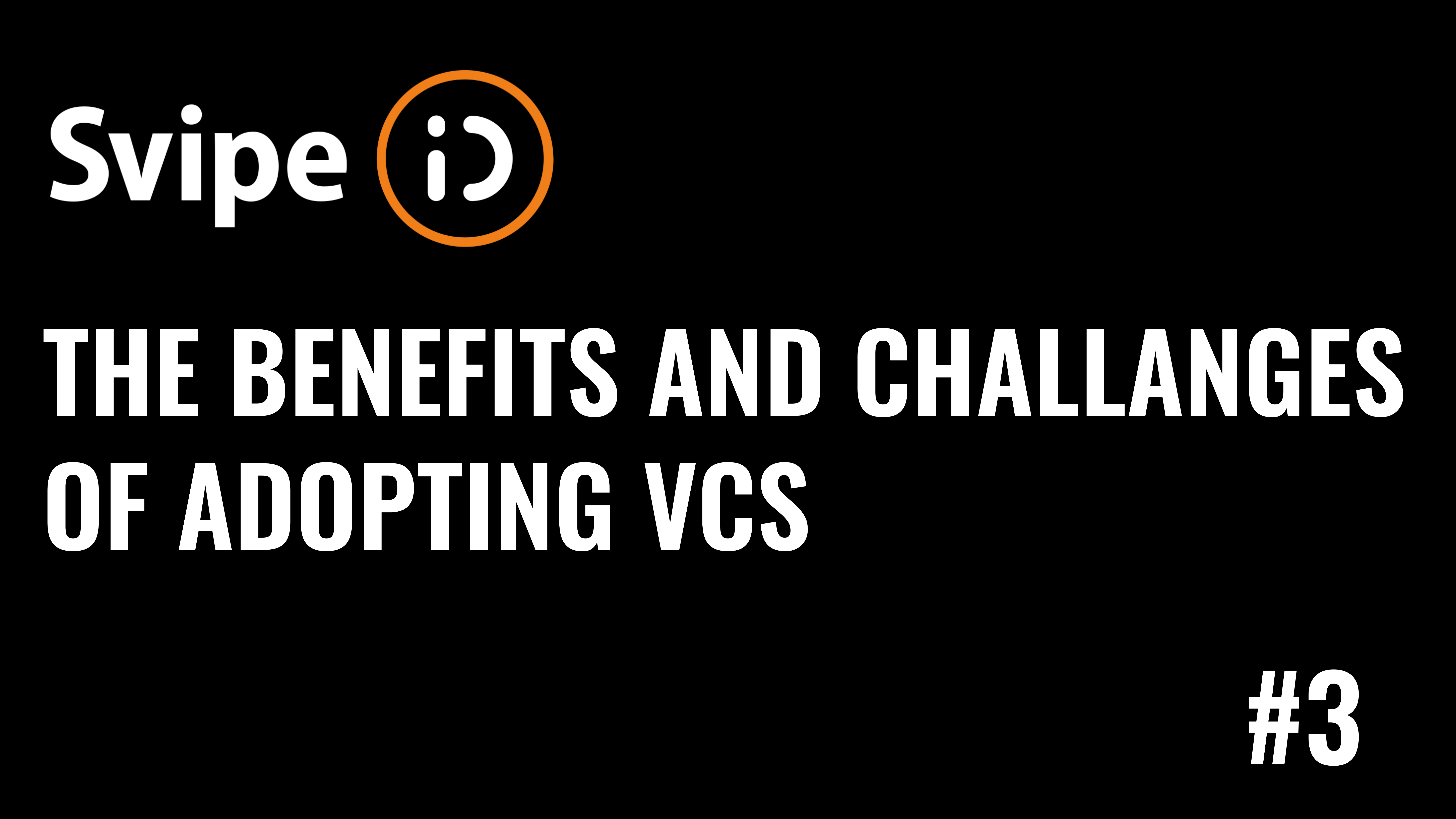
The Benefits and Challenges of Adopting Verifiable Credentials
2023-03-29
In recent years, verifiable credentials became a solution for document digitization . These digital credentials offer several benefits over traditional methods of identity verification, including improved security, efficiency, and privacy. However, there are also challenges associated with adopting verifiable credentials. In this blog post, we will explore the benefits and challenges of the new technology.
Benefits of Adopting Verifiable Credentials:
- Security - Verifiable credentials can’t be altered or forged, this greatly reduces the risk of identity theft and fraud.
- Increased Efficiency - Verifiable credentials are easy to access and verify, eliminating the need for individuals to carry around physical documents or remember complex passwords. Holding all VCs in a digital wallet makes the process of identity verification faster and more efficient.
- Privacy-Preserving - Verifiable credentials allow individuals to share only the information necessary for a particular transaction, without revealing their entire identity. This helps to protect individuals’ privacy and reduces the risk of personal information being exposed.
- Interoperability - Verifiable credentials can be used across different applications, making them a flexible and adaptable solution for identity verification.
Challenges of Adopting Verifiable Credentials:
- Technical Complexity - The adoption of verifiable credentials requires a certain level of technical expertise and knowledge of technology. This can be a barrier for some organizations and individuals.
- Interoperability - While verifiable credentials can be used across different networks, there is currently a lack of standardization and interoperability between different credential issuers and verifiers. This can create challenges when trying to integrate verifiable credentials into existing systems and processes.
- Adoption and Awareness - The adoption of verifiable credentials requires a shift in mindset and a willingness to adopt new technologies. This can be challenging for some organizations and individuals who are resistant to change or unaware of the benefits of verifiable credentials.
- Governance and Regulation - Verifiable credentials are a new technology, and there is still a need for governance and regulation around their use. This can create uncertainty and risk for organizations looking to adopt verifiable credentials.
The adoption of verifiable credentials offers several benefits for organizations and individuals looking to improve the security, efficiency, and privacy of identity verification. However, there are also challenges associated with adopting this new technology, including technical complexity, interoperability, adoption and awareness, and governance and regulation. As technology continues to evolve and become more widely adopted, we can expect to see a growing number of use cases for verifiable credentials, and organizations will need to navigate these challenges in order to fully realize the benefits of this technology.

